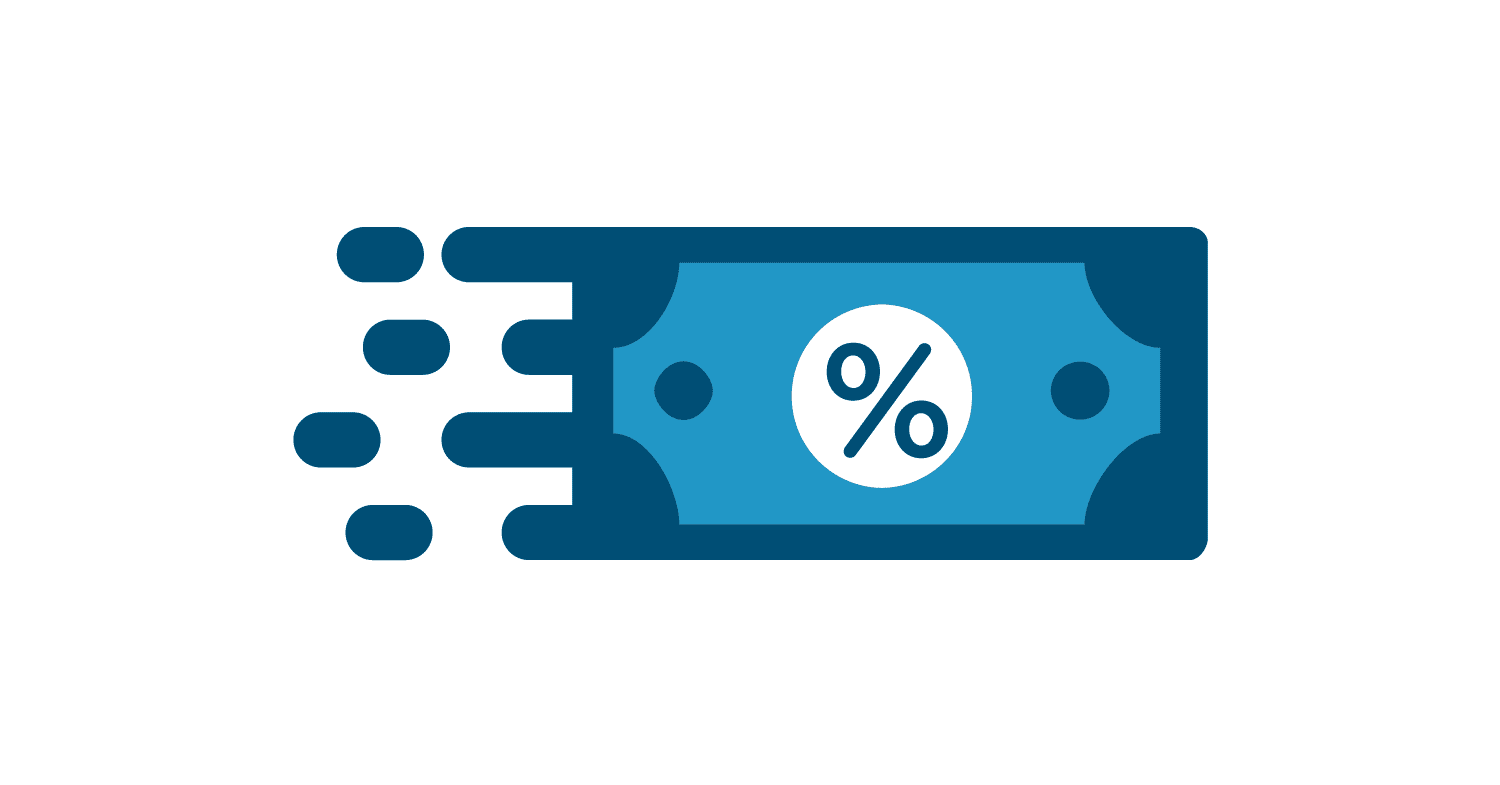Lawyers are expected to be paid for any legal services they provide. This payment may come as an hourly charge or a one-time payment regardless of whether they win or lose the case.
In some cases, the attorney and the client may agree that the lawyer is paid only when they win a case and the client receives compensation. In this scenario, the fee paid is called the contingency.
- The lawyer receives no payment if they are working for a contingency fee and lose the case.
- The contingency fee may be an agreed-upon percentage of the client’s settlement amount, or fixed amount
Continue reading to get more information on a contingency fee. This article will discuss contingency fees,, how they work, the risks associated with them, and the advantages and disadvantages.
What is a Contingency Fee?
A contingency fee, or a contingency fee agreement is a legal billing system that allows the client to pay the attorney only when the case is successful. The amount paid to the attorney when the case is settled is a percentage of the total claim, meaning the attorney only gets paid if their client is awarded a monetary settlement in the end. With a contingency fee agreement, the attorney accepts to take the case without billing hourly fees, and instead work for a percentage of the claim at the end. However, in some cases the client may still be liable for a few work-related fees if they lose the case. An experienced attorney will have good legal document management software to track all activities and expenses and matter management software to store all legal documents.
- The client may still be responsible for case-related fees like court filing, expert witness, and discovery costs.
- Contingency fees are the best legal billing system when the client doesn’t have the funds to pay their attorney hourly fees.
What is the Standard Contingency Fee for an Attorney?
The contingency fee paid to an attorney depends on the state you reside in, the case itself, and the agreement. However, they usually range between 5% to 50% of the awarded claim.
If the client is making an injury claim against the federal government under the Federal Tort Claims ACT, the amount the lawyer can charge is limited under 28 U.S. Code § 2678. If the case is a Worker’s Compensation Claim, the percentage is limited by states at different ratios depending on the recovery.
- The contingency fee paid to attorneys depends on the local state laws, the type of recovery, and the agreed percentage.
- Clients need to calculate their settlement before agreeing to contingency fee terms when hiring an attorney. A personal injury settlement calculator will come in handy for a personal injury claim.
When are Contingency Fee Agreements Used?
Contingency agreements are beneficial when the client has a costly case but lacks the funds to pay a lawyer. The lawyer will examine the case and determine if it presents a clear liability to determine whether they can win. However, attorneys may refuse to take the case if it is too risky and may not produce a profit
Common contingency fees include personal injury contingency fees and workers compensation contingency fees. Other areas of law that utilize the contingency fee legal billing model include:
- Debt collection claims
- Sexual Harassment
- Employment Discrimination and Wage Dispute Cases
- Professional Malpractice
- Bankruptcy
When Can’t You Use Contingency Fee Agreements?
While contingency cases depend on the attorney winning the case, the rate agreed upon with the attorney should be proportional to the amount of work needed for the duration of the case. If the lawyer’s rate is high and the work is little, the client could be getting taken advantage of. Conversely, the attorney needs to be paid fairly for the work they put into the case. Lawyers can use legal communication management to explain to their clients the amount of work needed for a case and come to a fair contingency fee agreement that is beneficial to both parties.
It is also discouraged to work on contingency when dealing with family law like divorce and criminal law cases. The laws of your state may also limit you to when a contingency fee agreement can be utilized.
- The contingency fee amount should be relative to the work needed to win the case.
- Contingency fee lawyers must always clearly communicate and explain the details of their contingency fee agreements.
What are the advantages of Contingency Fee Agreements?
Contingency fee agreements allow contingency fee lawyers to onboard clients into the legal client intake management system without any upfront fees. As a result, the client is not faced with high legal bills that could paralyze their daily life.
Secondly, the client is assured that the attorney will put effort into the case since they are only paid when they win.
- The client doesn’t have to worry about paying huge bills if they lose the case.
- A contingency fee motivates the attorney to work on the case dutifully.
What are the Disadvantages of Contingency Fees?
While contingency fees help clients access legal services without upfront fees, they could end up paying way more than they would have on a flat rate or hourly rate. This is usually the case in scenarios where the lawyers settle the case more quickly than anticipated The client will be required to pay the agreed-upon percentage regardless of the amount.
Additionally, most lawyers will shy away from high-risk cases where they must work on contingency.
If you are a lawyer looking for a way to transform your personal injury practice, request a demo of CloudLex.

